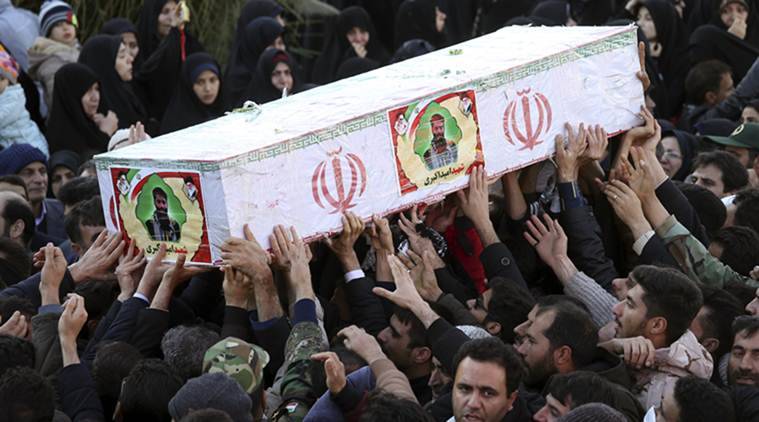
Saudi Arabia has eliminated flogging as a form of punishment, Reuters reported on Friday. According to a document from the kingdom’s top court, the decision will see the punishment replaced by imprisonment or fines.
“The decision is an extension of the human rights reforms introduced under the direction of King Salman and the direct supervision of Crown Prince Mohammed Bin Salman,” the document said.
Flogging has been an ancient form of punishment that the Saudi government has practised over the years for various crimes, small and big.
Human rights groups have criticised the Saudi government for this inhumane form of punishment for offences ranging from harassment to public intoxication.
“This reform is a momentous step forward in Saudi Arabia’s human rights agenda, and merely one of many recent reforms in the Kingdom,” the president of the state-backed Human Rights Commission (HRC) said.
Other forms of corporal punishment, such as amputation for theft or beheading for murder and terrorism offences, have not yet been outlawed.
“This is a welcome change but it should have happened years ago,” said Adam Coogle, Deputy Director of the Middle East and North Africa Division at Human Rights Watch.
“The decision is an extension of the human rights reforms introduced under the direction of King Salman and the direct supervision of Crown Prince Mohammed Bin Salman,” the document said.
Flogging has been an ancient form of punishment that the Saudi government has practised over the years for various crimes, small and big.
Human rights groups have criticised the Saudi government for this inhumane form of punishment for offences ranging from harassment to public intoxication.
“This reform is a momentous step forward in Saudi Arabia’s human rights agenda, and merely one of many recent reforms in the Kingdom,” the president of the state-backed Human Rights Commission (HRC) said.
Other forms of corporal punishment, such as amputation for theft or beheading for murder and terrorism offences, have not yet been outlawed.
“This is a welcome change but it should have happened years ago,” said Adam Coogle, Deputy Director of the Middle East and North Africa Division at Human Rights Watch.
